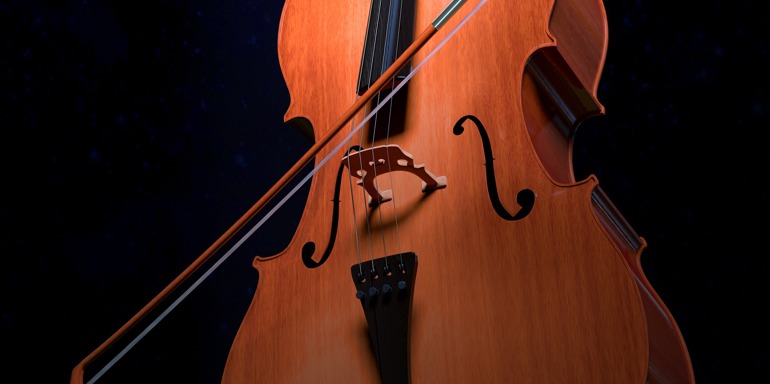Are we practising in order to achieve perfection? I actually find the idea of ever reaching that illusory goal rather scary. Perfection feels to me like a dead end, a point beyond which there may be no more discovery, catharsis, challenge or fun. It is something completed, motionless and moribund. This contrasts starkly with my view of music making as being alive, dynamic and in a constant organic state of change, as we ourselves are.
If perfection is an imperfect goal, our musical imperfections are perhaps not to be too disparaged. Miles Davis said ‘Do not fear mistakes, there are none’. We can interpret this in many ways, but it reminds me that being temporarily unable to perform something as I want it, is not the same as failing. Over years of teaching I’ve seen that ‘mistakes’, when handled well, are one of the most effective routes to becoming truly proficient. On top of which, humans are inclined to value things that are hard to come by, higher than things which are readily available. Ultimately we’re probably made happier by something we had to work for, than something easy. If a little wrestling with a piece, initially making various errors makes us happier in the long run, its hard to see mistakes negatively.

If all people mean by ‘Practice Makes Perfect’ though, is that through practice we can get the most out of ourselves, its hard to disagree with that. As in many areas of life, we tend to get out what we put in. However, do take care what you put in. It would be easy to practise every day and still end up with something disappointing. Over years of teaching I’ve seen people memorise rhythms without being certain they are correct. I’ve seen students laboriously practise scales with fingerings they don't mean to use or repeatedly play with awkward, unhelpful muscle tensions.
Sometimes the student is even consciously aware its not right, but feels they will get better if they keep repeating it anyway. I’m not sure that’s true. Habits, helpful or not, can be formed quickly. Whatever activity your brain is experiencing, it is in a sense practising it, whether we like it or not. We might say ‘Practice Makes Permanent’. Permanent is an exaggeration but it does seem in the nature of the brain that we become more likely to do, say, think or feel whatever we did yesterday and the day before.
Use your practice time wisely. Consult the notes from your lesson. Before you repeatedly play that difficult section you may need to slow down considerably, count, clap, imagine, sing, listen to a recording or annotate your score for example. Break the task up, creating stepping stones to the eventual goal. When you’re confident its just as you want it, only then go ahead and repeat until effortless.
Errors can be a very healthy part of the journey for a musician, as long as you notice them and respond accordingly. I’m not sure I even believe in perfection in this context. No-one is perfect and there’s no one correct way to play a piece.
Recording artist Drake said ‘I was born to make mistakes, not to fake perfection’. Its an important point. The thought of having to achieve perfection can be paralysing. Plenty of talented people refuse to perform for fear of making mistakes, while some students give up their instrument entirely, because they don’t achieve unrealistic, false goals they set for themselves. As singer Pete Seeger noted, ‘The easiest way to avoid wrong notes is to never open your mouth and sing. What a mistake that would be’. Practice doesn't have to make perfect, as long as its done with care and understanding, it should make for a more fulfilled musician and audience, and that’s perfectly good enough for me.
Join the conversation on Facebook.






